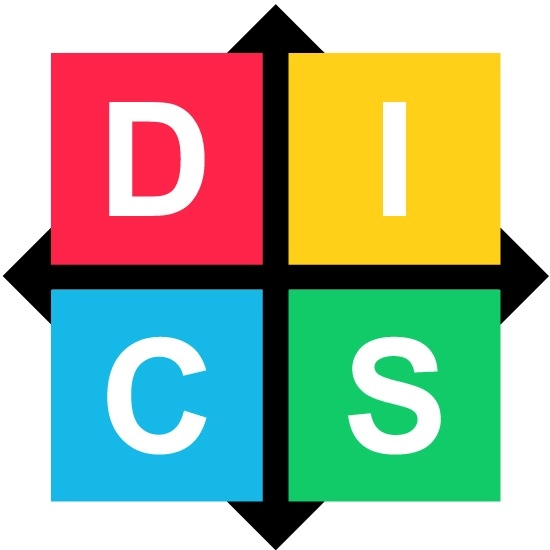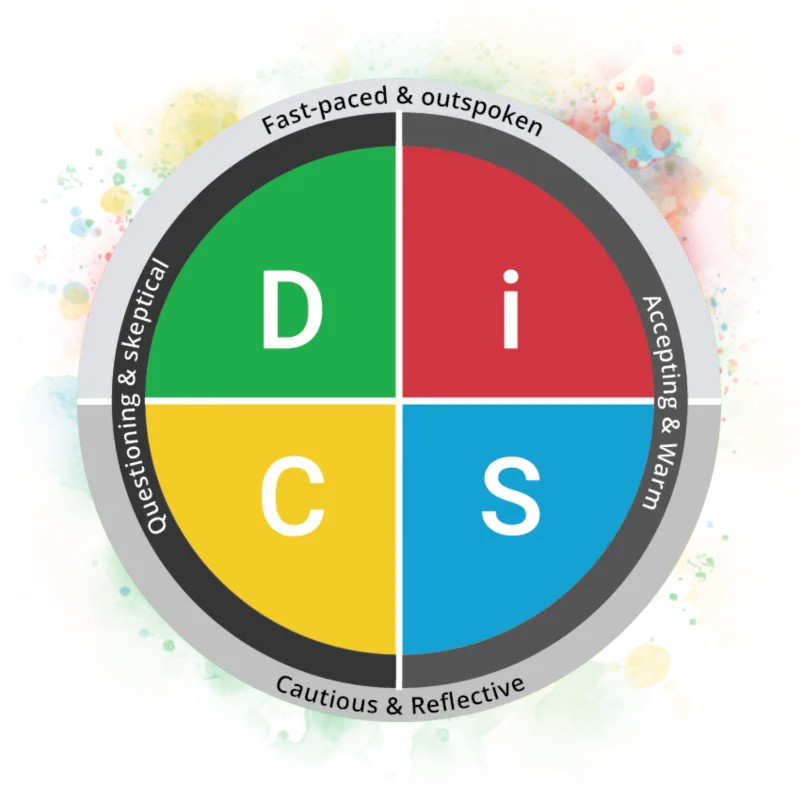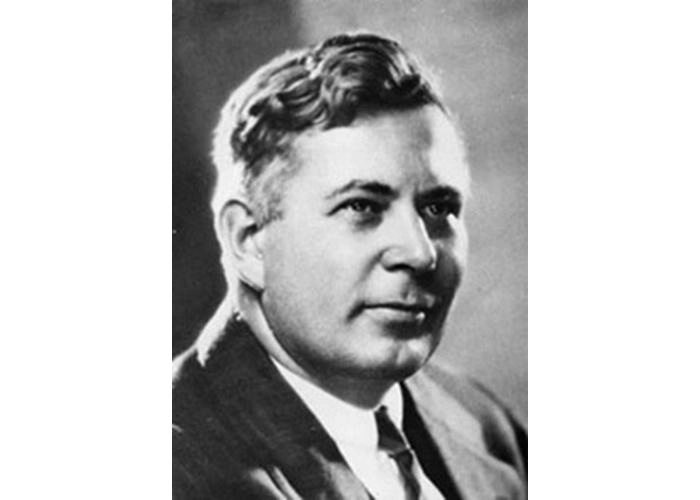Build stronger teams, better culture and confident leaders!
People are the most valuable asset of any organisation. DISC provides the tools and support to help you build stronger teams, improve communication, and unlock potential.

What is DISC?
DISC is the world’s most trusted tool for understanding behaviour and building workplace success.
- Communicate clearly
- Reduce conflict
- Recruit & retain the right people
- Recruit & retain the right people
- Build trust and confidence in your team
Our Number Tells The Story
20+
Years providing superior service
1000+
Organisations helped by thediscprofiles.co.uk
1,000,000+
People every year who use DISC®

Why Choose DISC?
The most widely used workplace tool for stronger teams
Trusted by 100M+ people worldwide
Backed by over 70 years of behavioural research
Practical framework for leaders, managers & organisations
DISC Training & Accreditation
Learn how to deliver powerful DISC workshops, coaching, and training sessions. Our certification programs equip HR leaders, consultants, and managers to become people experts.

Organisations all over the world trust TheDISCProfiles.co.uk









How We Help You with DISC
Make the right hire the first time. Gain insights into candidates’ strengths, communication styles, and fit beyond CVs.
Create a positive culture where communication thrives, collaboration improves, and morale is high.
Unlock your potential with personalised coaching sessions tailored to your strengths and challenges.
Adapt your selling style, connect naturally with clients, and close more deals with confidence.

What does DISC stand for?
DISC is an acronym that represents the 4 main personality styles defined by the DISC model:
- D (Dominance): action-oriented, driven, independent
- I (Influence): relationship-driven, energetic, enthusiastic
- S (Steadiness): collaborative, reliable, supportive
- C (Conscientiousness): logical, objective, focused on quality
History of DISC
Where DISC Began – William Moulton Marston (1928) Back in 1928, psychologist William Moulton Marston — a Harvard graduate and a pioneer in the early days of psychology — introduced a new way of understanding human behaviour.
In his book Emotions of Normal People, Marston explored how everyday people behave in different environments. He believed that our personalities are shaped by both who we are on the inside and the world around us — a mix of nature and nurture.
Through careful observation, he identified four main behaviour styles. Each one reflected how people naturally respond to the world — not just because of their personality, but also because of the situations they find themselves in.
This work laid the foundation for what we now know as the DISC personality model




